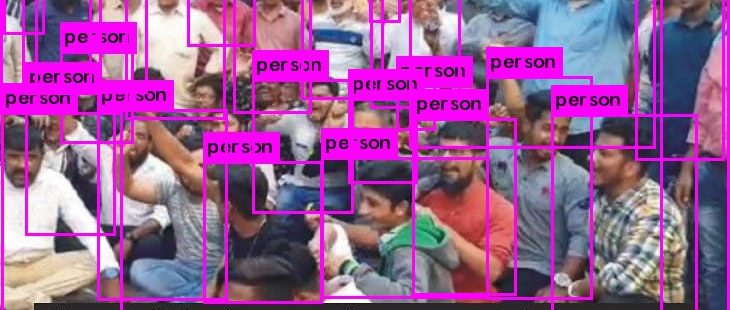A dip in popularity forces Iranian leaders to readjust rhetoric
Dr Massoumeh Torfeh explores the upcoming parliametary elections in Iran on TRT: Link Dr Massoumeh Torfeh, Research Associate LSE and SOAS focusing on Iran & AFG. Ex-UN Director of Communication AFG, BBC journalist. Book: BBC & Iran-UK relations. PhD Pol Science LSE. Image credit: “Iran reportage MO*” by MO* is licensed under CC BY-NC 2.0









